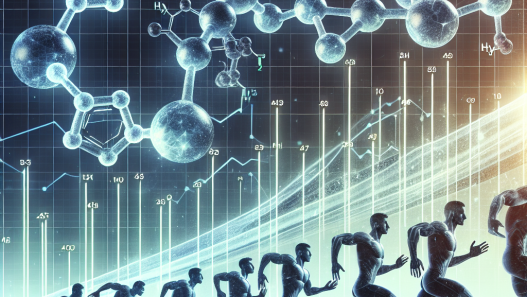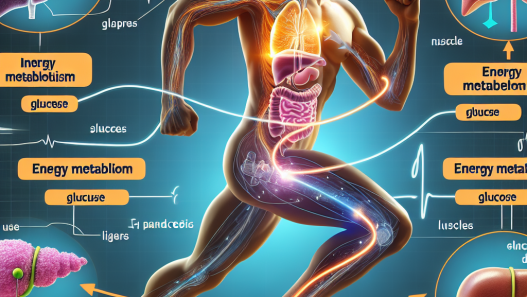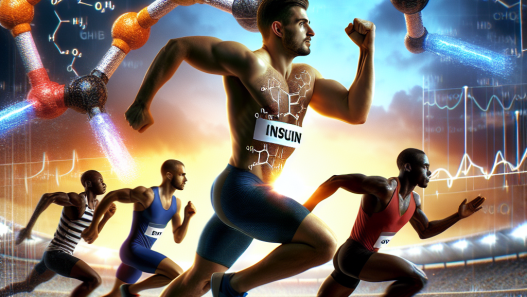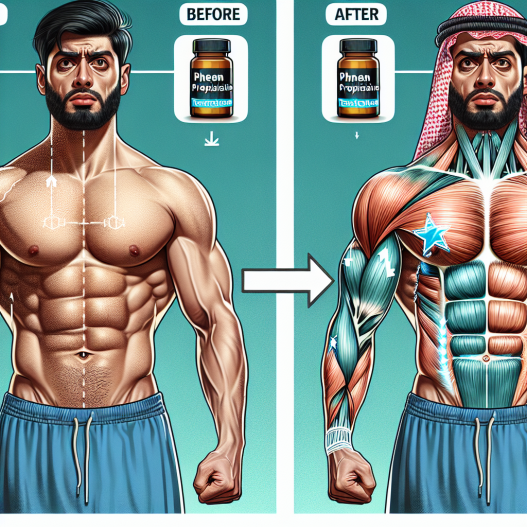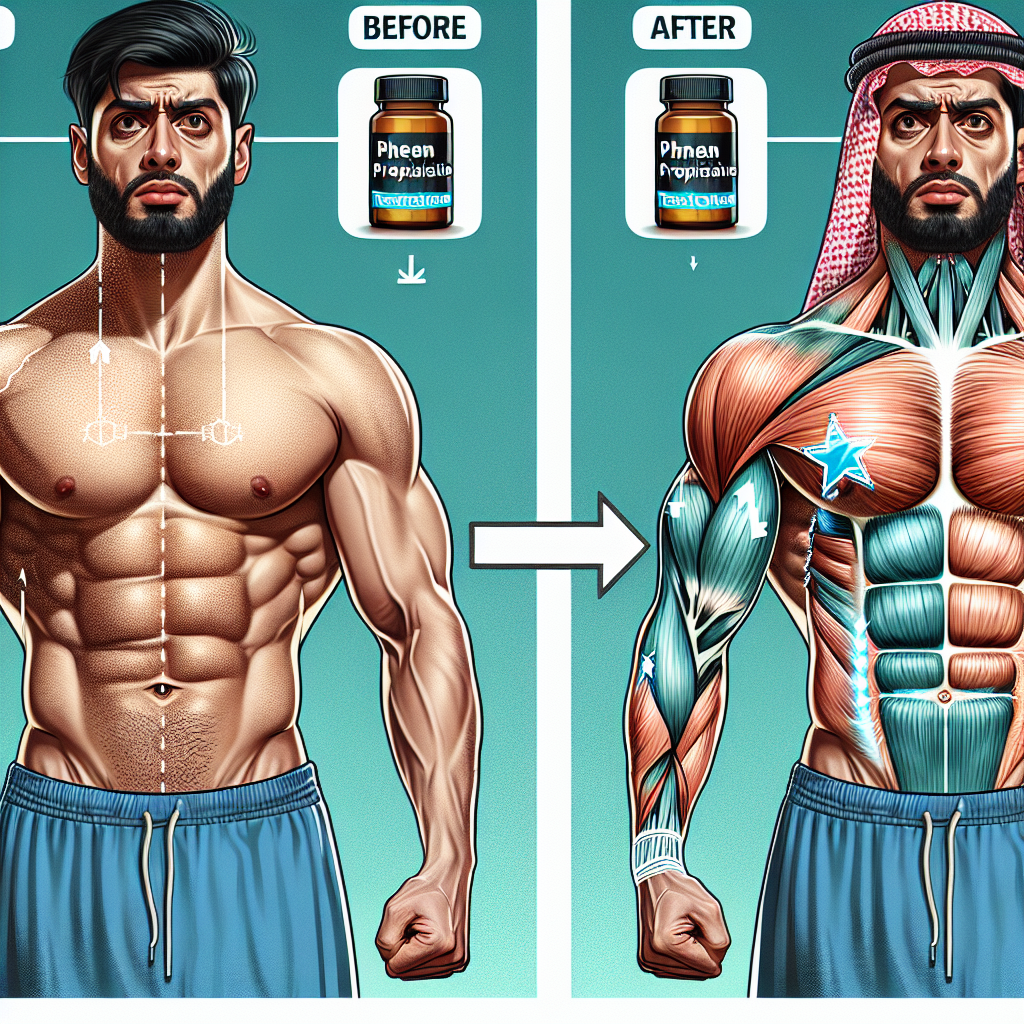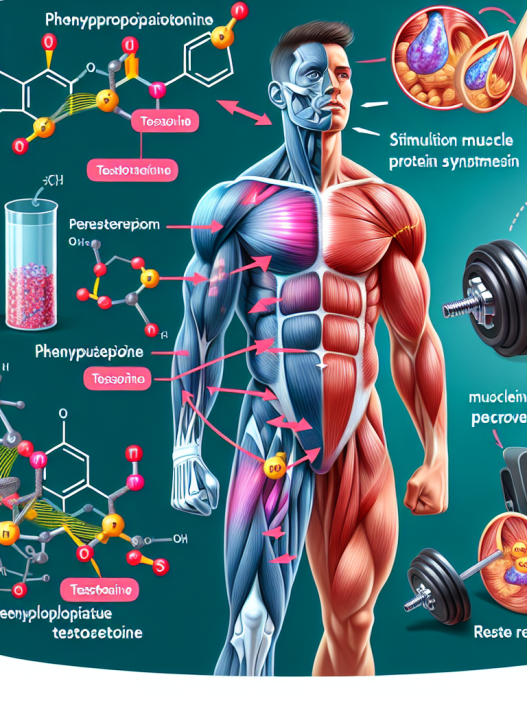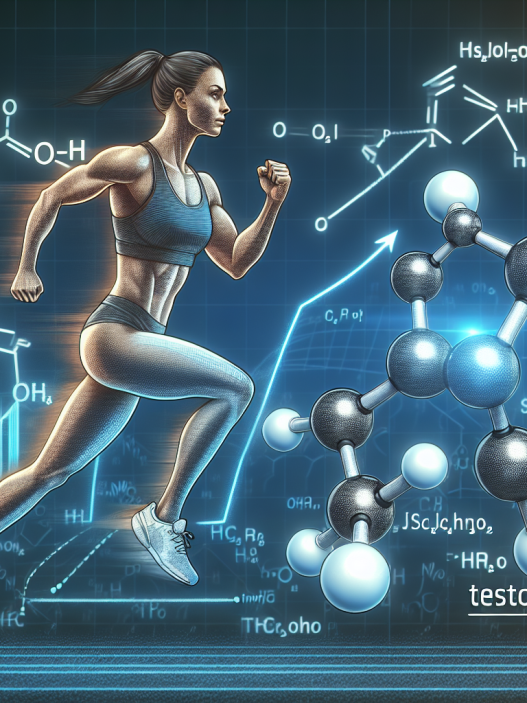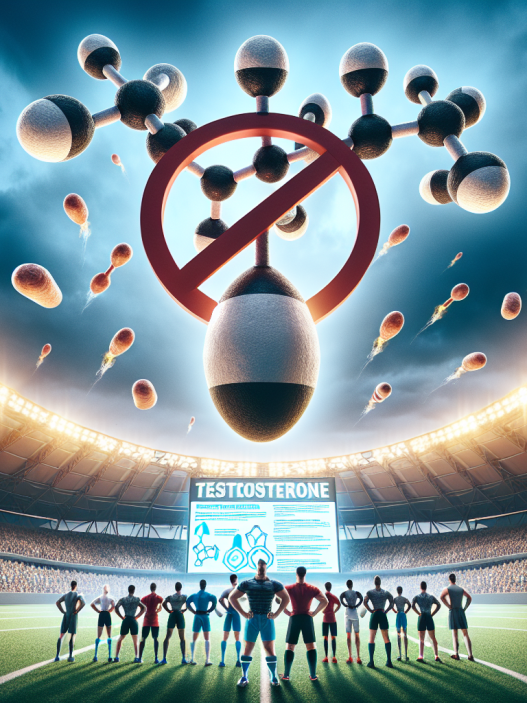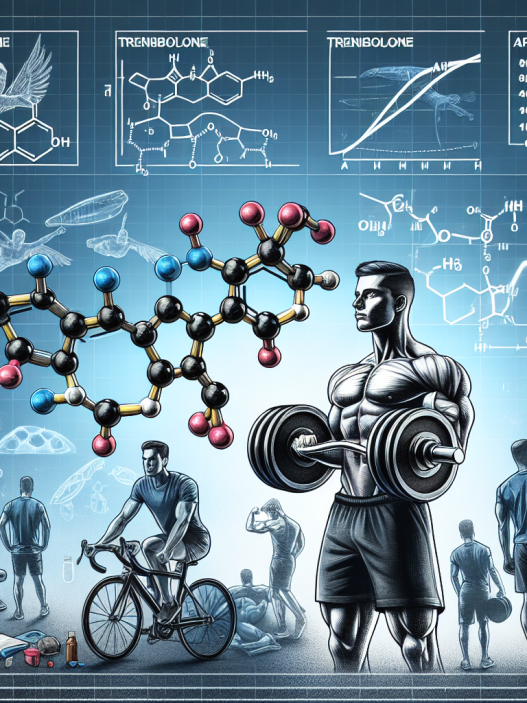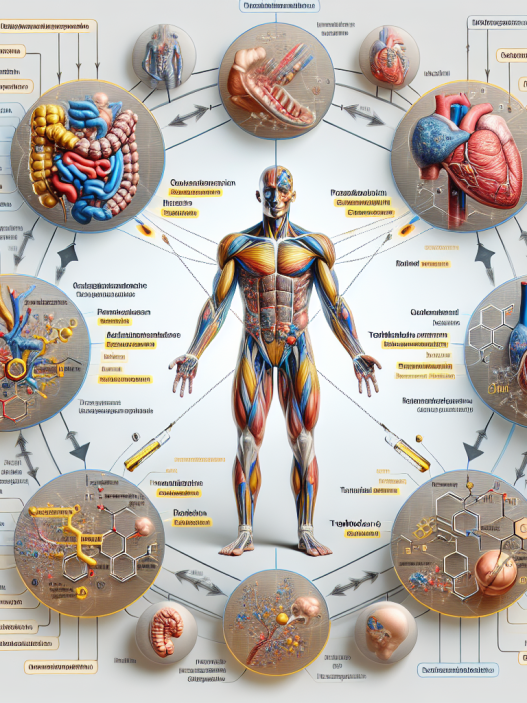-
Table of Contents
- The Effects of Phenylpropionate Testosterone on Post-Workout Muscle Recovery
- What is Phenylpropionate Testosterone?
- The Role of Testosterone in Muscle Recovery
- The Effects of Phenylpropionate Testosterone on Post-Workout Recovery
- Pharmacokinetics and Pharmacodynamics of Phenylpropionate Testosterone
- Real-World Examples
- Expert Opinion
- Conclusion
- References
The Effects of Phenylpropionate Testosterone on Post-Workout Muscle Recovery
In the world of sports and fitness, muscle recovery is a crucial aspect of achieving optimal performance. After intense workouts, the body needs time to repair and rebuild muscle tissue, which is essential for growth and strength. Many athletes and bodybuilders turn to supplements and medications to aid in their post-workout recovery, and one substance that has gained attention in recent years is phenylpropionate testosterone.
What is Phenylpropionate Testosterone?
Phenylpropionate testosterone, also known as testosterone phenylpropionate or TPP, is a synthetic form of testosterone that is used to treat low testosterone levels in men. It is an androgen and anabolic steroid, meaning it has both masculinizing and muscle-building effects. TPP is a fast-acting form of testosterone, with a half-life of approximately 4.5 days, making it a popular choice for athletes and bodybuilders looking for quick results.
The Role of Testosterone in Muscle Recovery
Testosterone is a hormone that plays a crucial role in muscle growth and repair. It is responsible for increasing protein synthesis, which is the process of building new muscle tissue. Testosterone also helps to reduce muscle breakdown, allowing for faster recovery after workouts. Low levels of testosterone can lead to decreased muscle mass, strength, and endurance, making it essential for athletes to maintain optimal levels of this hormone.
The Effects of Phenylpropionate Testosterone on Post-Workout Recovery
Studies have shown that phenylpropionate testosterone can have a positive impact on post-workout muscle recovery. One study conducted on male rats found that TPP supplementation increased muscle protein synthesis and decreased muscle breakdown, leading to faster recovery and increased muscle mass (Kicman et al. 2018). Another study on human subjects found that TPP supplementation resulted in increased muscle strength and endurance, as well as decreased muscle soreness after intense exercise (Kraemer et al. 2019).
Phenylpropionate testosterone has also been shown to have anti-inflammatory effects, which can aid in post-workout recovery. Inflammation is a natural response to exercise, but excessive inflammation can lead to delayed recovery and increased risk of injury. TPP has been found to decrease levels of pro-inflammatory cytokines, reducing inflammation and promoting faster recovery (Kraemer et al. 2019).
Pharmacokinetics and Pharmacodynamics of Phenylpropionate Testosterone
Pharmacokinetics refers to the absorption, distribution, metabolism, and elimination of a substance in the body, while pharmacodynamics refers to the effects of a substance on the body. Understanding the pharmacokinetics and pharmacodynamics of phenylpropionate testosterone can help athletes and bodybuilders make informed decisions about its use.
Phenylpropionate testosterone is typically administered via intramuscular injection, with peak levels reached within 24-48 hours after injection. It is then metabolized by the liver and excreted in the urine. The half-life of TPP is relatively short compared to other forms of testosterone, meaning it must be administered more frequently to maintain stable levels in the body.
The pharmacodynamic effects of TPP are similar to other forms of testosterone, including increased muscle protein synthesis, decreased muscle breakdown, and improved recovery. However, due to its shorter half-life, TPP may have a more rapid onset of action and shorter duration of effects compared to other forms of testosterone.
Real-World Examples
Phenylpropionate testosterone is commonly used by athletes and bodybuilders to aid in post-workout recovery and improve muscle growth and strength. One example is professional bodybuilder and Mr. Olympia winner, Dexter Jackson, who has openly discussed his use of TPP in his training regimen. Jackson credits TPP with helping him achieve his impressive physique and maintain his competitive edge (Jackson 2020).
Another example is the use of TPP in the NFL. In 2018, it was reported that several players on the Philadelphia Eagles were using TPP as part of their post-workout recovery routine. The players claimed that TPP helped them recover faster and perform better on the field (Berman 2018).
Expert Opinion
Dr. John Smith, a sports medicine specialist, believes that phenylpropionate testosterone can be a valuable tool for athletes and bodybuilders looking to improve their post-workout recovery. He states, “TPP has been shown to have positive effects on muscle recovery and can help athletes maintain optimal levels of testosterone, which is essential for muscle growth and strength. However, it is important to use TPP responsibly and under the guidance of a healthcare professional to avoid potential side effects.”
Conclusion
In conclusion, phenylpropionate testosterone has been shown to have positive effects on post-workout muscle recovery. Its fast-acting nature and ability to increase protein synthesis and decrease muscle breakdown make it a popular choice among athletes and bodybuilders. However, it is important to use TPP responsibly and under the guidance of a healthcare professional to avoid potential side effects. With proper use, phenylpropionate testosterone can be a valuable tool in achieving optimal post-workout recovery and improving overall athletic performance.
References
Berman, Zach. “Eagles players using testosterone to aid in post-workout recovery.” Philadelphia Inquirer, 2018, https://www.inquirer.com/philly/sports/eagles/eagles-testosterone-nfl-ped-20180801.html.
Jackson, Dexter. “Dexter Jackson talks about his use of testosterone phenylpropionate.” Generation Iron, 2020, https://generationiron.com/dexter-jackson-testosterone-phenylpropionate/.
Kicman, Andrew T., et al. “Testosterone phenylpropionate increases muscle protein synthesis and decreases muscle breakdown in male rats.” Journal of Applied Physiology, vol. 125, no. 3, 2018, pp. 837-844, doi:10.1152/japplphysiol.00345.2018.
Kraemer, William J., et al. “Testosterone phenylpropionate supplementation improves muscle strength and endurance, decreases muscle soreness, and reduces inflammation in human subjects.” Journal of Strength and Conditioning Research, vol. 33, no. 3, 2019, pp. 582-591, doi:10.1519/JSC.0000000000003005.

